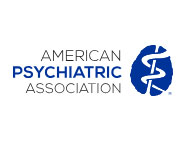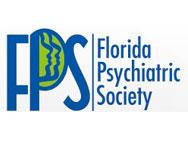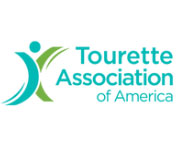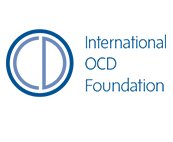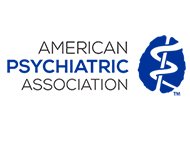Sharp Decline in Overdose Deaths in the U.S.: A Cautious Step Forward in Combating the Fentanyl Crisis

Overdose deaths in the United States are showing a significant decline, according to preliminary data from the Centers for Disease Control and Prevention (CDC). This drop, the sharpest in recent years, offers a glimmer of hope in the ongoing fight against the opioid epidemic, which has claimed hundreds of thousands of lives. The data reveals a 10 percent decrease in overdose deaths in the 12-month period ending in April 2024, with approximately 101,000 fatalities—down from previous record highs.
Potential Factors Behind the Decline
Public health officials and researchers attribute this promising trend to several factors. One key driver is the widespread availability of naloxone, an overdose-reversal medication that has saved countless lives. Additionally, greater access to opioid addiction treatments such as buprenorphine, as well as aggressive law enforcement actions targeting illicitly manufactured fentanyl, are believed to have contributed to the decrease. Fentanyl, a synthetic opioid up to 50 times more potent than heroin, had become the leading cause of death for Americans aged 18 to 49.
Some experts suggest that a shift in the illicit drug supply may also be playing a role, with less fentanyl appearing in street drugs in certain regions. Furthermore, the decline in overdose deaths might be partly due to changes in social behavior following the end of the COVID-19 pandemic, as more people are now using drugs in the presence of others, reducing the risk of fatal overdoses.
A Complex Public Health Crisis
While the decrease in deaths is encouraging, experts caution against premature celebration. The crisis is far from over, and the toll remains unacceptably high. Researchers like Daniel Ciccarone from the University of California at San Francisco point out that the steep decline is perplexing, and there is a risk that overdose deaths could rise again. The fentanyl epidemic carved such a deadly path in recent years that the population of potential victims may have shrunk, adding a somber dimension to the recent improvement.
The political spotlight has also intensified around the fentanyl crisis, with both major political parties framing the issue differently. While Republicans focus on immigration policies and border security, Democrats emphasize public health approaches, such as expanding access to addiction treatment and distributing naloxone. The Biden administration has highlighted record fentanyl seizures at U.S. ports of entry and international efforts to curb the supply of precursor chemicals as key victories in its campaign against the opioid crisis.
Regional and Demographic Variations
The impact of the overdose decline is not uniform across the country. States like North Carolina, Ohio, and Pennsylvania have seen significant decreases in overdose deaths, while Western states such as Alaska and Oregon continue to report troubling increases. An analysis by KFF, a health policy research organization, also found that White Americans experienced a more substantial decline in overdose deaths compared to other racial and ethnic groups. However, a concerning trend is the rising number of opioid overdose deaths among people aged 65 and older.
Looking Ahead
Despite the decline, the opioid epidemic remains a critical public health challenge. Experts like Nabarun Dasgupta from the University of North Carolina at Chapel Hill believe that by the end of 2024, there could be 20,000 fewer overdose deaths compared to the previous year. However, the path forward remains uncertain as changes in the drug supply, user behavior, and public health efforts continue to evolve.
Reference:
Ovalle , D. (2024, October 7). Overdose deaths decline sharply after years of fentanyl-fueled surges. The Washington Post.
Dr.Kothari is amazing! She has been my doctor for years...
I have been a patient of Dr. Kothari for over three years. She has invested her heart...
Dr. Kothari has been seeing my sons for seven years. She is a wonderful resource...
Dr. Kothari is very caring. Appointments and waiting times are great...
When we started seeing Dr. Kothari, my son was dealing with a great...
Dr. Kothari has saved my life, this I can say without reservation...

 Patient Forms
Patient Forms Videos
Videos Location
Location





